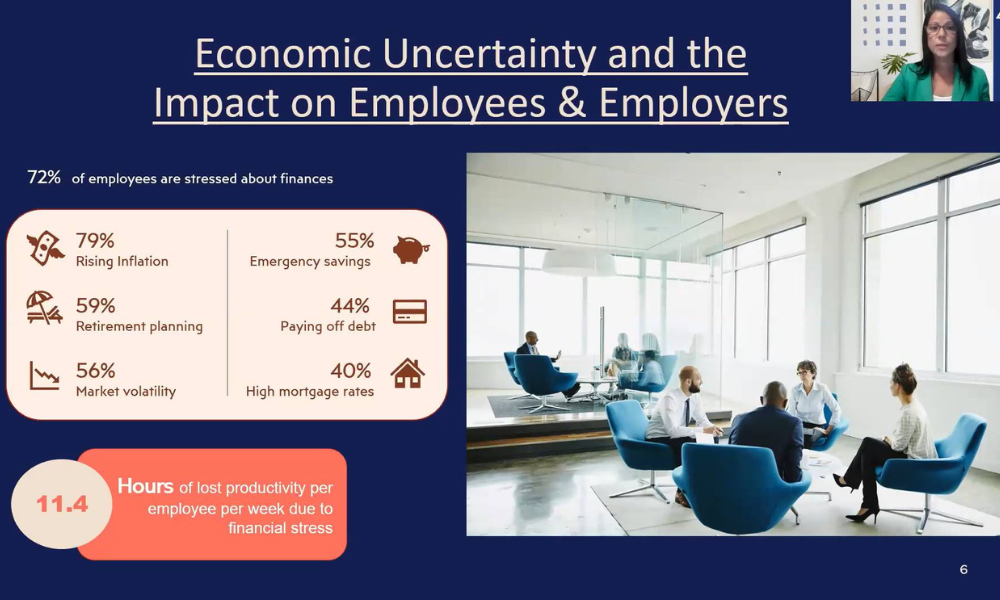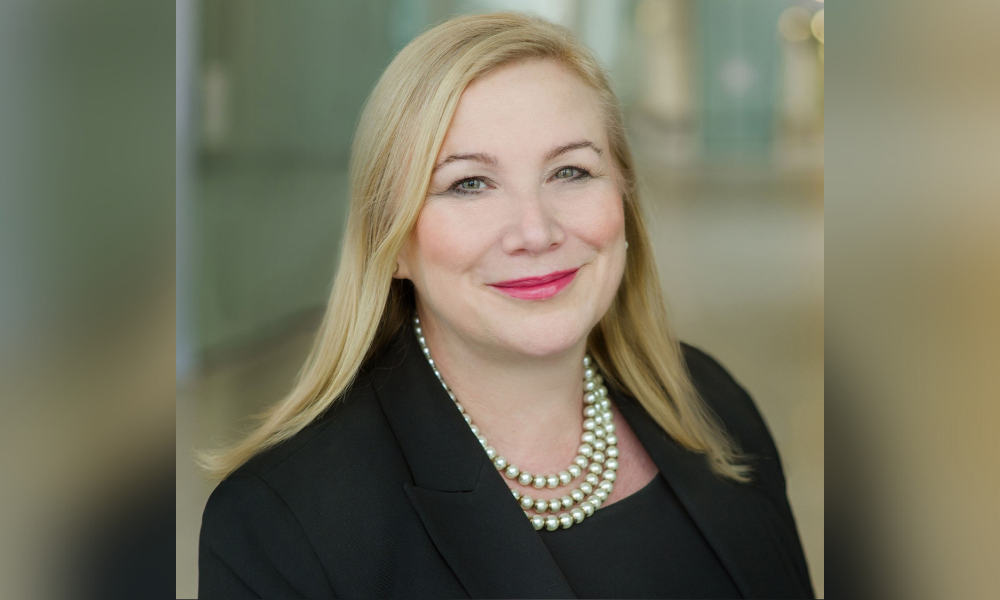'The financial strain among employees is really bleeding into the workplace'

The world changed after the pandemic and HR professionals were suddenly faced with a myriad of new responsibilities and concerns.
So what do they need to understand about the modern workplace?
In a Canadian HR Reporter podcast, two experts from ADP Canada broke down some of the most critical areas that HR professionals need to be focusing on to strike a balance between employee needs and those of the organization.
The presentation focused on financial wellbeing and how it’s affecting worker productivity.
ADP Canada was awarded in the recent Readers’ Choice Awards for HR 2023. Find out the list of winners here.
Addressing needs of workforce
Lisa Medeiros, senior client relationship manager at ADP Canada and Linda Halfyard, also a senior client relationship manager at ADP Canada, recently shared some of their views on how employers can address the many and varied needs of today’s workforce.
“Seventy two per cent of working Canadians spend some of their workday actively dealing with or thinking about their personal financial matters, and one in five working Canadians are aware that this has impacted their workplace performance, so it is really easy to frame employee financial health as an individual problem but the reality is that it’s having big implications on businesses,” says Halfyard.
Because this is becoming so widespread, it is having a direct effect on organization’s bottom line.
“Workers that reported worsening financial health have said that it is affecting their engagement and productivity. So on average, employees with financial stress lose over 11 hours of productivity per week,” says Halfyard.
“The financial strain among employees is really bleeding into the workplace,” she says.
There are a number of ways organizations can help employees better manage their finances, according to Medeiros.
“Some of the clients that I’m working with, they’re focusing on financial education for their employees. They’re bringing in advisors, accountants, retirement planners to speak. They’re setting up lunch-and-learns; setting up days where employees can block time with experts to discuss budgeting, financing, debt consolidation, retirement planning: this has all been extremely helpful.”
More organizations are taking financial matters seriously by offering education, found another survey.
Talk to your employees about the new way of working
The webinar also looked into how workplace attitudes have changed since the pandemic and what HR professionals can do to effectively manage the modern workforce.
“The notion of employee preference is really playing itself out today, so while organizations are planning and enforcing new rules around returning to the office, employees feel that they have already earned the right to work remotely, and that’s putting both sides at an impasse,” says Halfyard.
The best way to handle these concerns is with repeated and ongoing dialogue with employees, says Medeiros.
“People aren’t burned out because of the type of work they have, they are worn down because they can’t have constructive dialogue with their teammates or even their leaders to get the support that they need. There’s a clear correlation between speaking up and feeling less burned out.”
“Ultimately speaking up can be a powerful antidote to burnout and it’s the first step to actually resolving lingering concerns,” she says.




